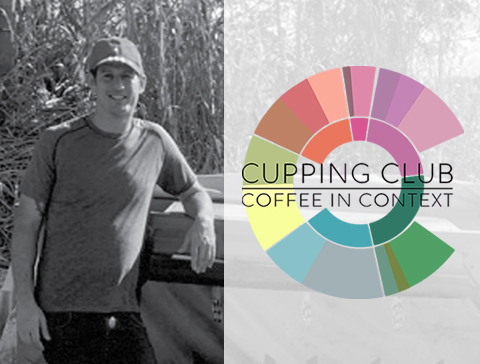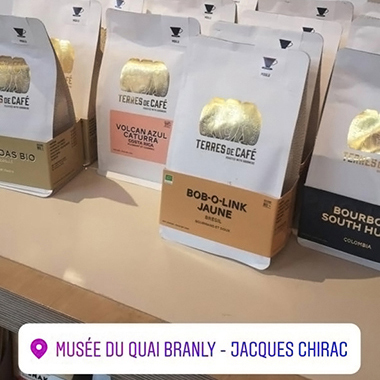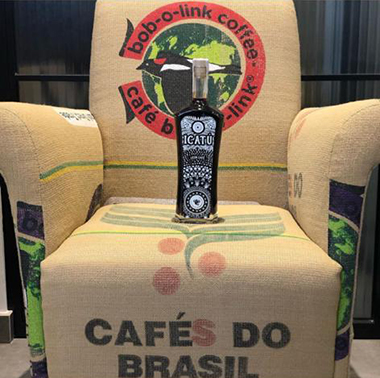Cupping Club Episode 18: Feet on the Ground - LIVING SOILS

Felipe Croce, co-founder and director of FAFCoffees - green coffee exporter – and the Bobolink project.
Interview with Felipe Croce
If you have ever visited an international coffee fair, you probably have come across Felipe, or his father Marcos Croce... the Bobolink is a family project which started in the 2000’s bringing the “Total Quality” approach. This approach is contextualized in a larger whole. The original project was made on their Fazenda Agricola Fortaleza (FAF), in Mococa, Mogiana, it then spread to various regions of Brazil reaching up to 50 family farms. The FAFCoffees Bobolink project counts with three experts : Jose Romeu Favaro (coffee agronomist), Ademir Calegari (soil expert) and Leonardo Maeda (water expert).
How do you approach farmers and address “Total Quality”?
The first step is to improve picking, drying and the farmer’s awareness & engagement about coffee quality. A small change in mentality can lead to a big change in a farmers’ life. Higher quality leads to higher prices & market access, as we – the Bobolink team – have an improved connection along the supply chain : this brings hope & pride to the family farmers. Then we are able to bring on concepts of sustainability. Spring protection, project design and sponsorship are what we bring with the engaged communities. The goal is to reach a holistic sustainability and a great cup together, and we all reach this at different paces; once we all know where we want to go, we all go together.
What is the major challenge regarding Brazilian soils?

Brazil as a whole is an agriculturally modern country. Our economy is heavily based on exports of agriculture and the focus politically has always been on increasing exports. The many subsidies for agro-toxic chemicals and the banking system has often been driven by yield focus production. This has created a factory style farming with little variation in genetics, soil management, processing, etc. The problem here is that soils are like our bank accounts, they hold the possibility to produce food for the world. Yet, today we leave a net negative result each year and depend increasingly more on inputs, which are becoming increasingly rare (phosphorous, water). The challenge for Brazil is to rebuild our impoverished soils and redesign politically our agricultural landscapes.



